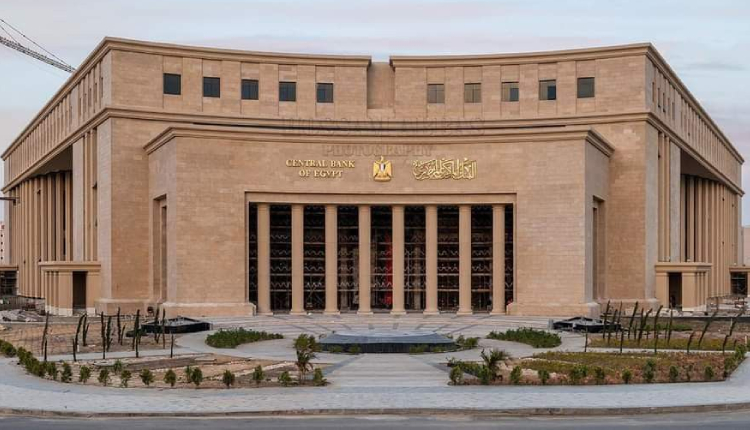Egypt’s CBE reforms target financial inclusion of marginalised groups
Central Bank of Egypt (CBE) has embarked on ambitious reforms to include marginalised groups in the formal economy under Governor Hassan Abdalla‘s leadership, as per his recent interview with the UN Capital Development Fund (UNCDF).
The CBE’s Financial Inclusion Strategy for 2022-2025 places a strong emphasis on underserved segments, such as women, youth, and Persons with Disabilities (PWDs), aligning with global best practices while addressing local needs.
In the interview, the CBE’s governor discusses Egypt’s progress in financial inclusion, successes, challenges, and policies supporting an inclusive environment, with a focus on PWDs.
Egypt’s financial inclusion gains momentum
In recent years, Egypt has become a leader in financial inclusion for PWDs. Abdalla highlighted the industry’s transformation, focusing on financial inclusion, consumer protection, and green finance in developing economies.
The CBE’s strategy targets marginalised groups like women, youth, and PWDs to enhance financial inclusion and stability in the country. This approach aims to improve the financial well-being and resilience of the population.
Policies and regulations driving inclusion for PWDs
To support the financial inclusion of PWDs, the CBE has developed a comprehensive policy framework, beginning in 2021, to create an enabling environment that encourages the banking sector to serve this segment.
New regulations require banks to make their services more accessible to people with disabilities, ensuring that all new bank branches and at least 10 per cent of existing branches and ATMs are equipped to serve PWDs. Key measures include:
– Application forms in Braille
– Customer service representatives fluent in sign language
– Adopting tiered KYC (know your customer) regulation to allow banking accounts to be opened with only the National ID
– Simplified procedures to enhance accessibility
Additionally, the CBE launched an annual financial inclusion event for PWDs in December, allowing banks to conduct activities outside their branches, raise financial awareness, and promote inclusion by enabling customers to open accounts without fees or minimum balances.
Banking sector’s response and implementation
Egypt’s banking sector has largely complied with the CBE’s accessibility requirements, surpassing the mandated levels, and adopting a single-window system to provide swift and convenient services. Around 9,300 employees have been trained in sign language to assist clients with hearing or speech impairments.
For visually impaired clients, banks have introduced braille application forms, and accept signature stamps or fingerprints as alternatives to written signatures.
Electronic channels have been adapted to work with screen-reading software, and debit and credit cards are designed with prominent letters or numbers for easy identification.
Additionally, banks are required to provide audio and sign language content on their websites and social media, and branch employees can conduct home visits to offer banking services to PWDs.
More time is needed to ensure broader access to these services for clients. These measures will enable banks to make further developments to empower PWDs financially and cater to their needs.
Attribution: The Central Bank of Egypt report
Subediting: M. S. Salama


